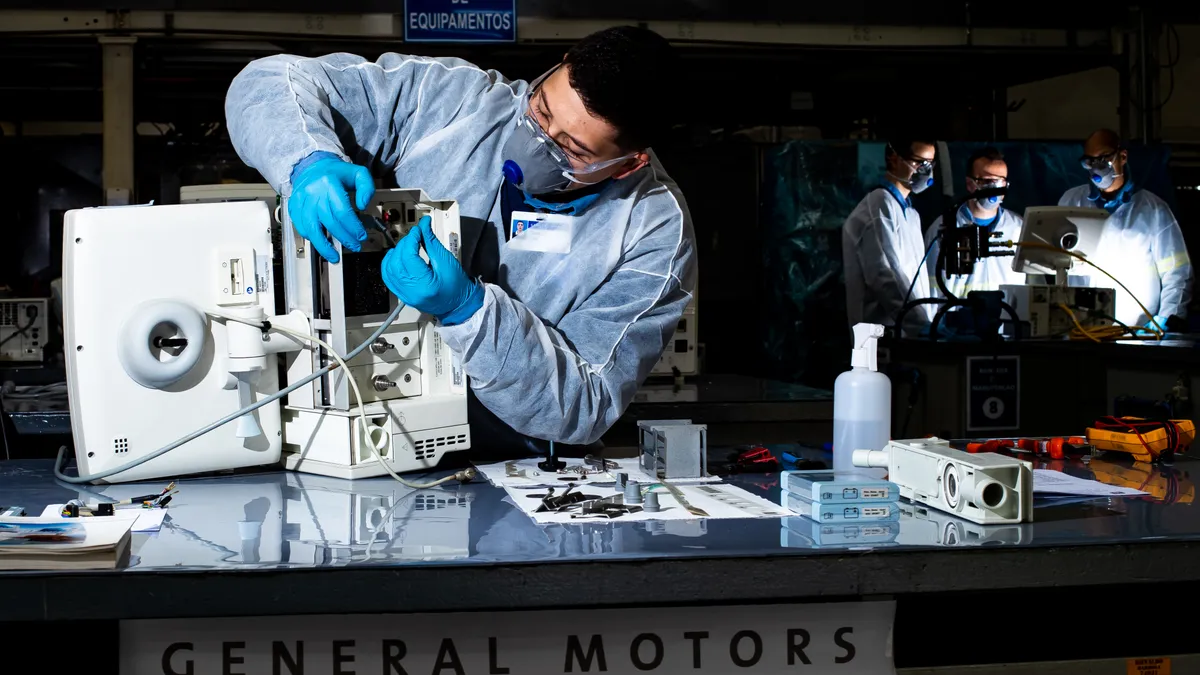Dive Brief:
- Self-service options and remote tools are enabling medical device companies to send technicians to customer sites to maintain technologies less frequently, according to a report by Aquant, a startup that makes service software.
- The analysis of anonymized data from medtech service companies revealed a 34% increase in the time between visits, as well as a 4% fall in the cost of resolving issues and a 4.5% rise in the first time fix rate. Aquant cited technologies including remote tools as enablers of the changes.
- Yet, with experienced technicians retiring faster than their replacements are getting up to speed, the sector faces a potentially costly skills challenge. On average, lower-performing technicians cost their organizations 86% more than top performers.
Dive Insight:
Organizations that maintain and repair medical devices continued to grow throughout the pandemic. Aquant tracked a 2.5% increase in field events in its 2023 report, as well as evidence that organizations are resolving problems faster and at less expense. The company, which sells an AI-powered service platform, attributed the improvements to the use of technology.
However, the overall improvement masks variation between the performance of different companies. The worst performing 20% of companies fixed 53% of problems the first time. In the top 20%, the first time fix rate was 84%. Time to resolution and time between visits also varied significantly.
The divergence reflects the impact of low-performing technicians. Performance varies from employee to employee at each organization, but the gap between the top and bottom is larger at the low-performing companies. At top-performing companies, there is a 30% difference in the average resolution cost across the workforce. At low-performing companies, the spread is 203%.
The data suggests businesses can make gains by helping some technicians move closer to the average. Aquant saw signs that organizations have struggled to quickly upskill less-experienced workers.
The report comes in the wake of a legal ruling on the right to repair medical devices. In 2021, a final rule adopted by the Library of Congress exempted companies hired by hospitals to service equipment from a digital piracy law. Third-party service organizations petitioned for the change to gain access to data files stored on medical devices and systems, including manuals and servicing materials.
Having unsuccessfully argued against the change at the time, the medtech industry mounted a legal challenge to the final rule. The case, which was brought by the Medical Imaging & Technology Alliance and AdvaMed, was recently dismissed by a federal judge.












